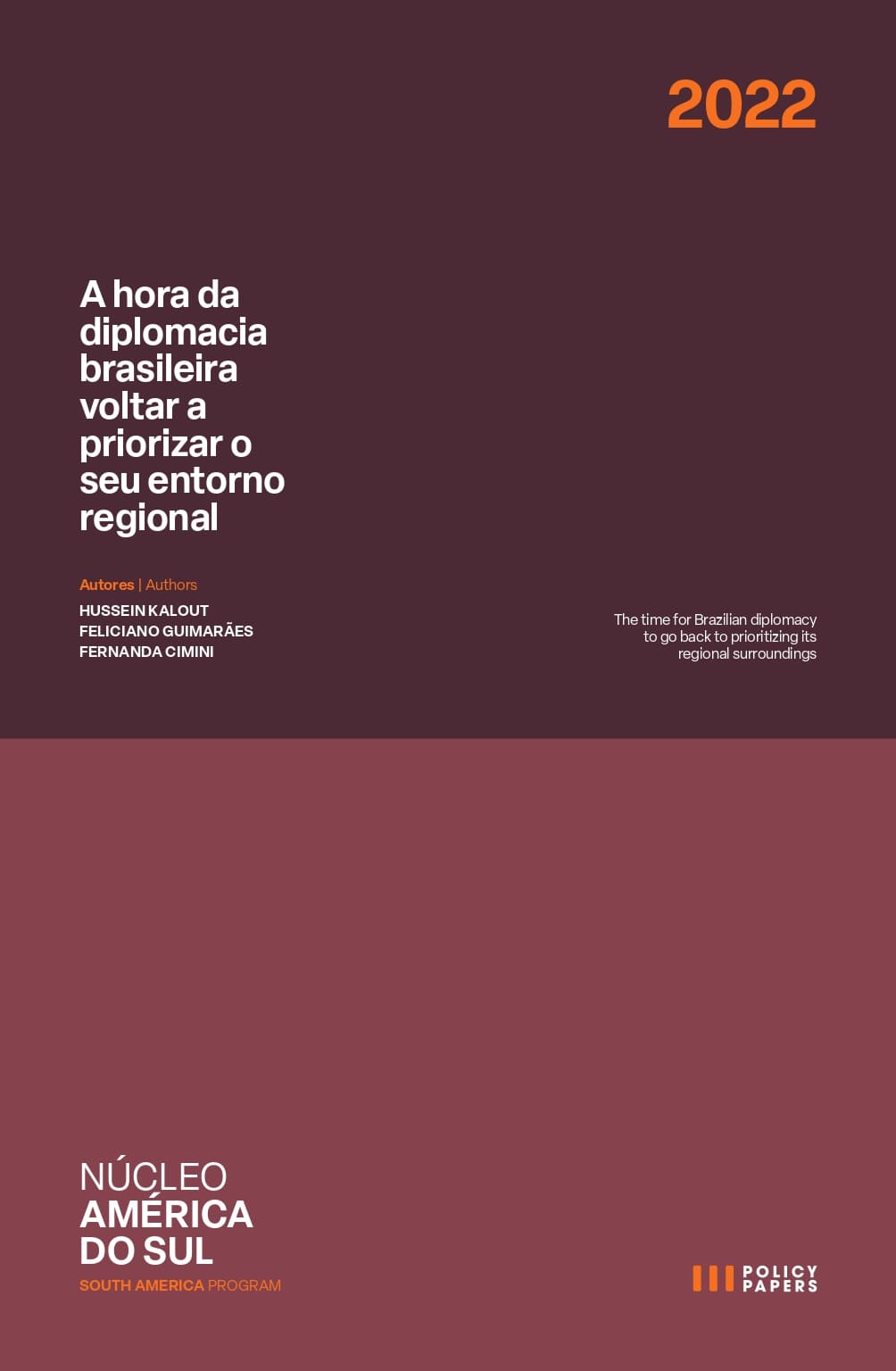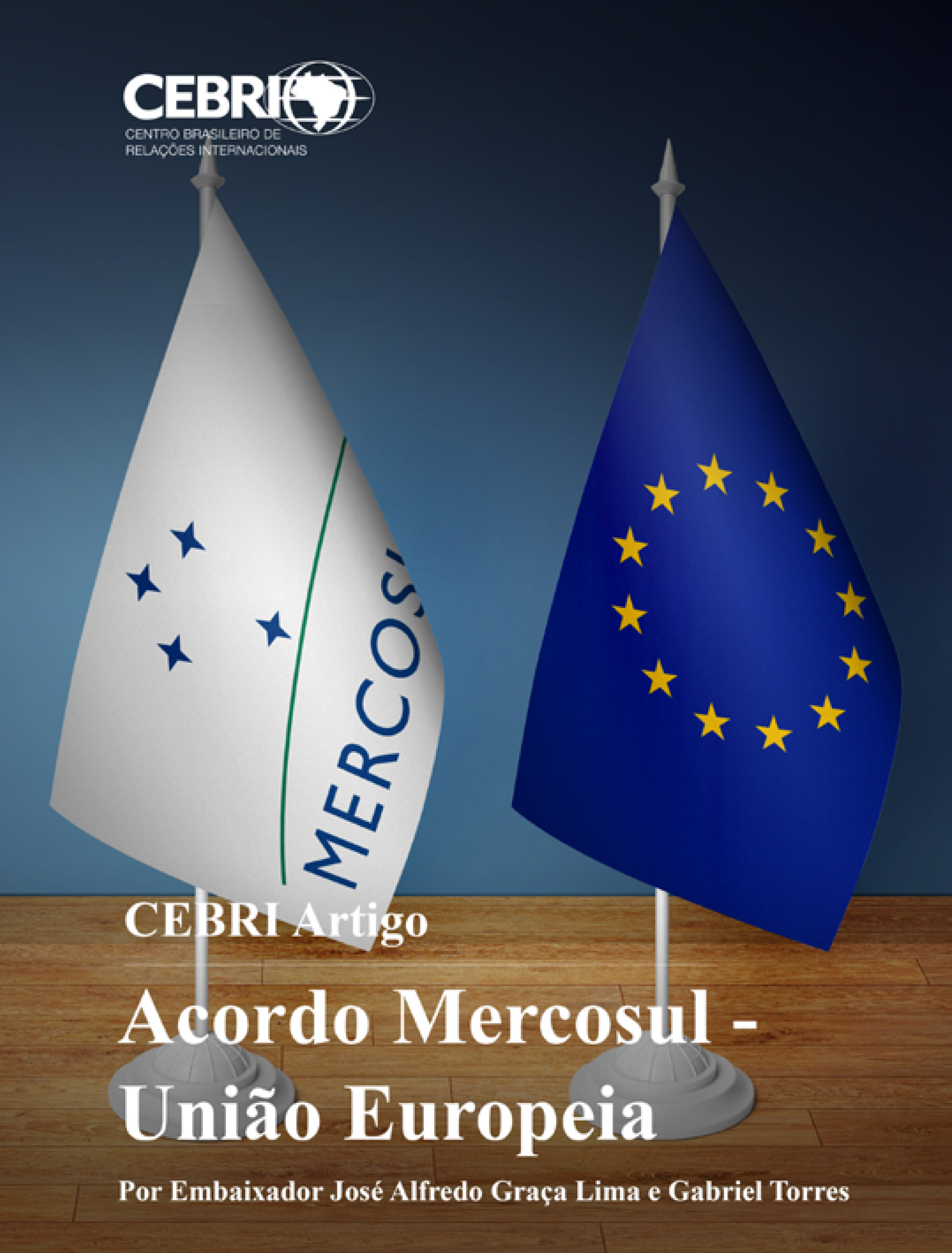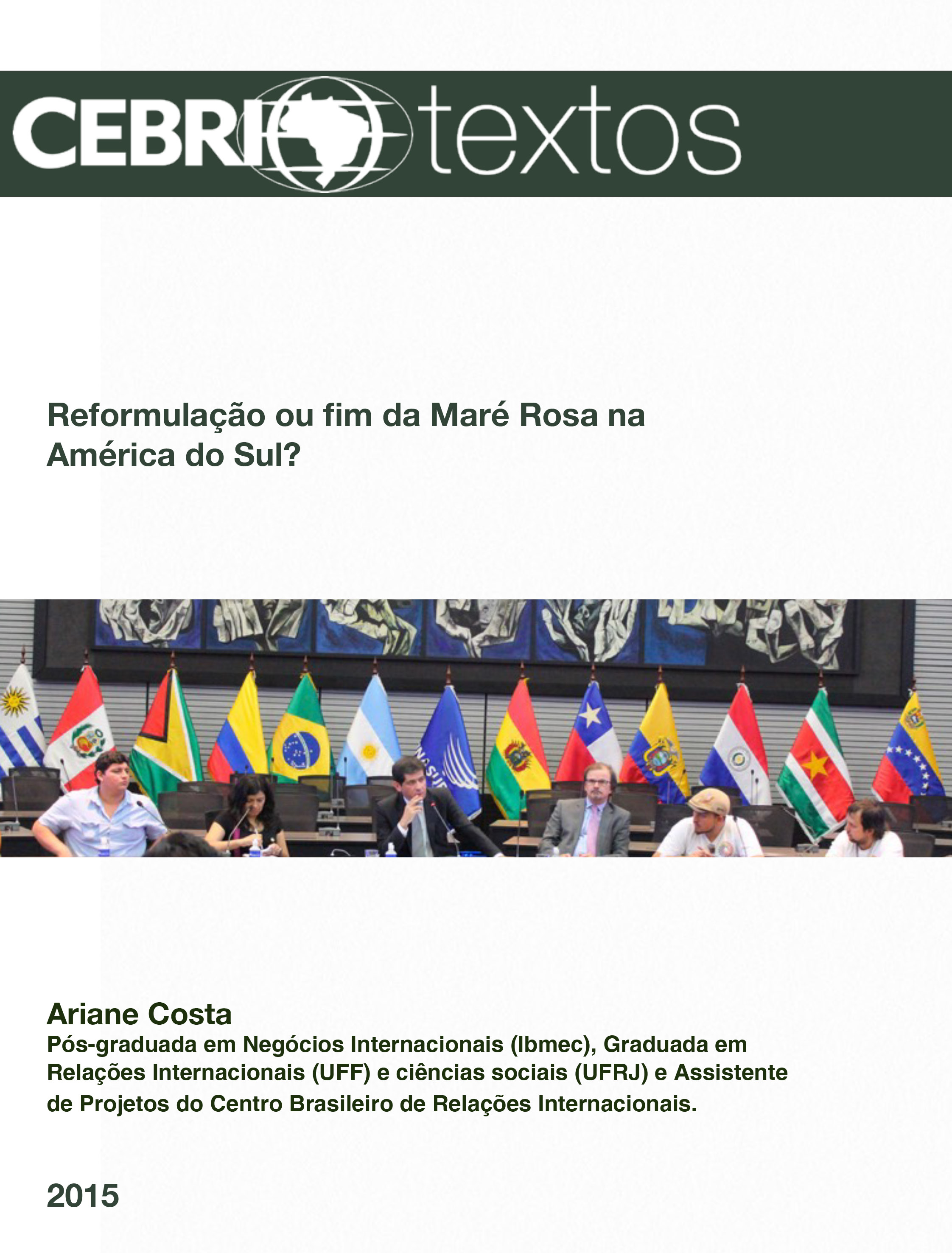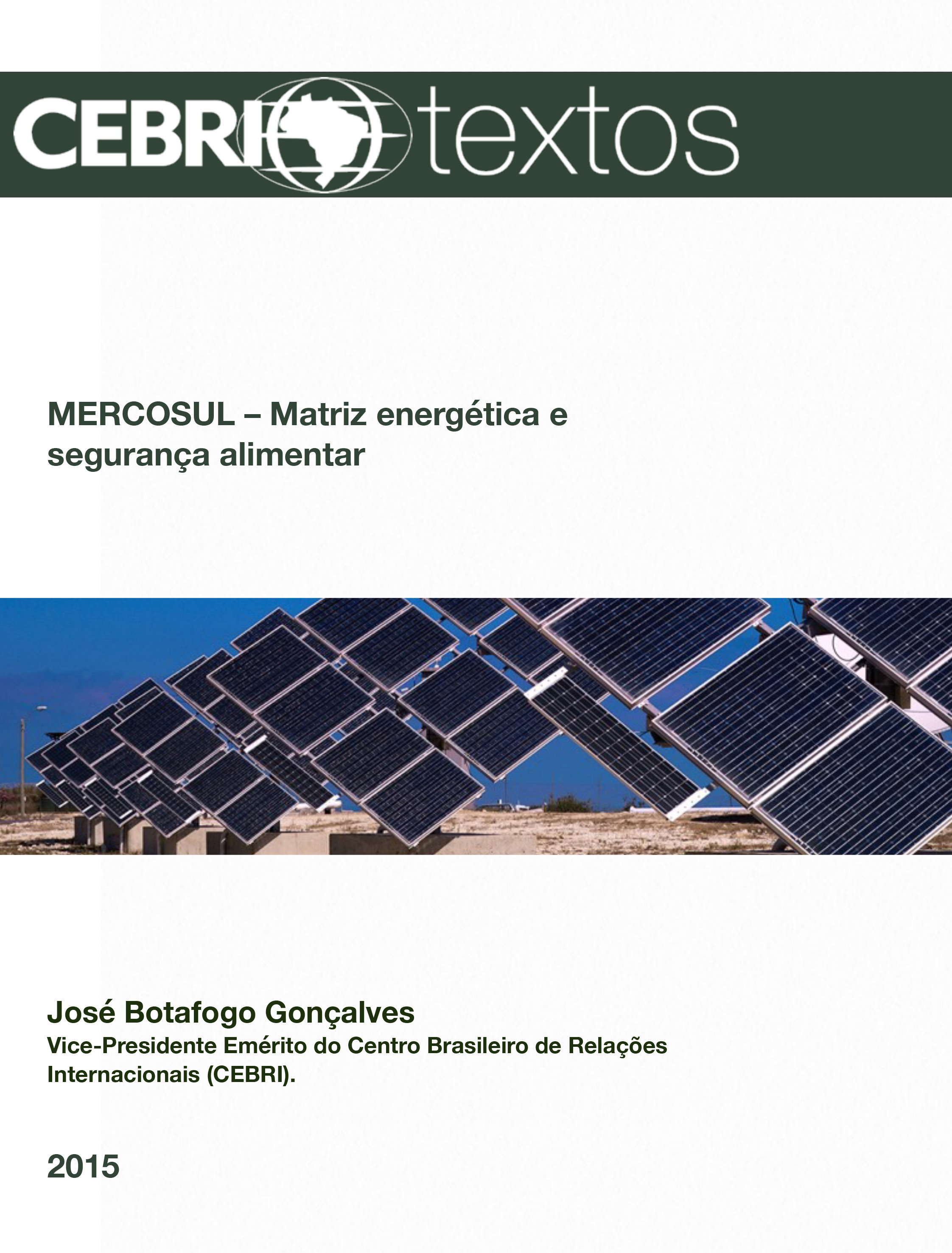On March 11th, CEBRI, in partnership with Firjan, organized the roundtable "The Crisis in Venezuela", at Casa Firjan. Moderated by Journalist and Former Federal Deputy Fernando Gabeira, the debate was attended by Ambassador Marcos Azambuja; Brigadier General Gustavo Henrique Dutra de Menezes; Professor at the Institute of International Relations (IRI) at PUC-Rio, Andrea Hoffmann; and CEBRI's Petrol Expert and Trustee, Jorge Camargo.
The event set out to make a more accurate diagnosis of the current situation in Brazil's neighboring country and to discuss solutions to the political-institutional and economic crisis that has affected the Venezuelan population for about ten years. Recently, there have been events such as threats of military intervention by the United States, expulsion of journalists and diplomats critical of Nicolás Maduro's regime as well as more economic sanctions.
Brazil's geopolitical position and weight in South America also justifies the country's great interest in resolving the Venezuelan issue. With Brazil's explicit change in the conduct of relations with Venezuela that took place since 2016 and the inauguration of Jair Bolsonaro last January, there is a growing concern about the Brazilian position in the face of the worsening of the crisis in Venezuela.
Rather than answers, the debates served to bring more accurate information from the Brazilian perspective to the public, and to align the positions to those that Brazil must take to maintain its diplomatic tradition in leading conflicts on the continent.
This edition of CEBRI Breaking News details the discussions on the Venezuelan crisis and its future developments.
On March 11th, CEBRI, in partnership with Firjan, organized the roundtable "The Crisis in Venezuela", at Casa Firjan. Moderated by Journalist and Former Federal Deputy Fernando Gabeira, the debate was attended by Ambassador Marcos Azambuja; Brigadier General Gustavo Henrique Dutra de Menezes; Professor at the Institute of International Relations (IRI) at PUC-Rio, Andrea Hoffmann; and CEBRI's Petrol Expert and Trustee, Jorge Camargo.
The event set out to make a more accurate diagnosis of the current situation in Brazil's neighboring country and to discuss solutions to the political-institutional and economic crisis that has affected the Venezuelan population for about ten years. Recently, there have been events such as threats of military intervention by the United States, expulsion of journalists and diplomats critical of Nicolás Maduro's regime as well as more economic sanctions.
Brazil's geopolitical position and weight in South America also justifies the country's great interest in resolving the Venezuelan issue. With Brazil's explicit change in the conduct of relations with Venezuela that took place since 2016 and the inauguration of Jair Bolsonaro last January, there is a growing concern about the Brazilian position in the face of the worsening of the crisis in Venezuela.
Rather than answers, the debates served to bring more accurate information from the Brazilian perspective to the public, and to align the positions to those that Brazil must take to maintain its diplomatic tradition in leading conflicts on the continent.
This edition of CEBRI Breaking News details the discussions on the Venezuelan crisis and its future developments.
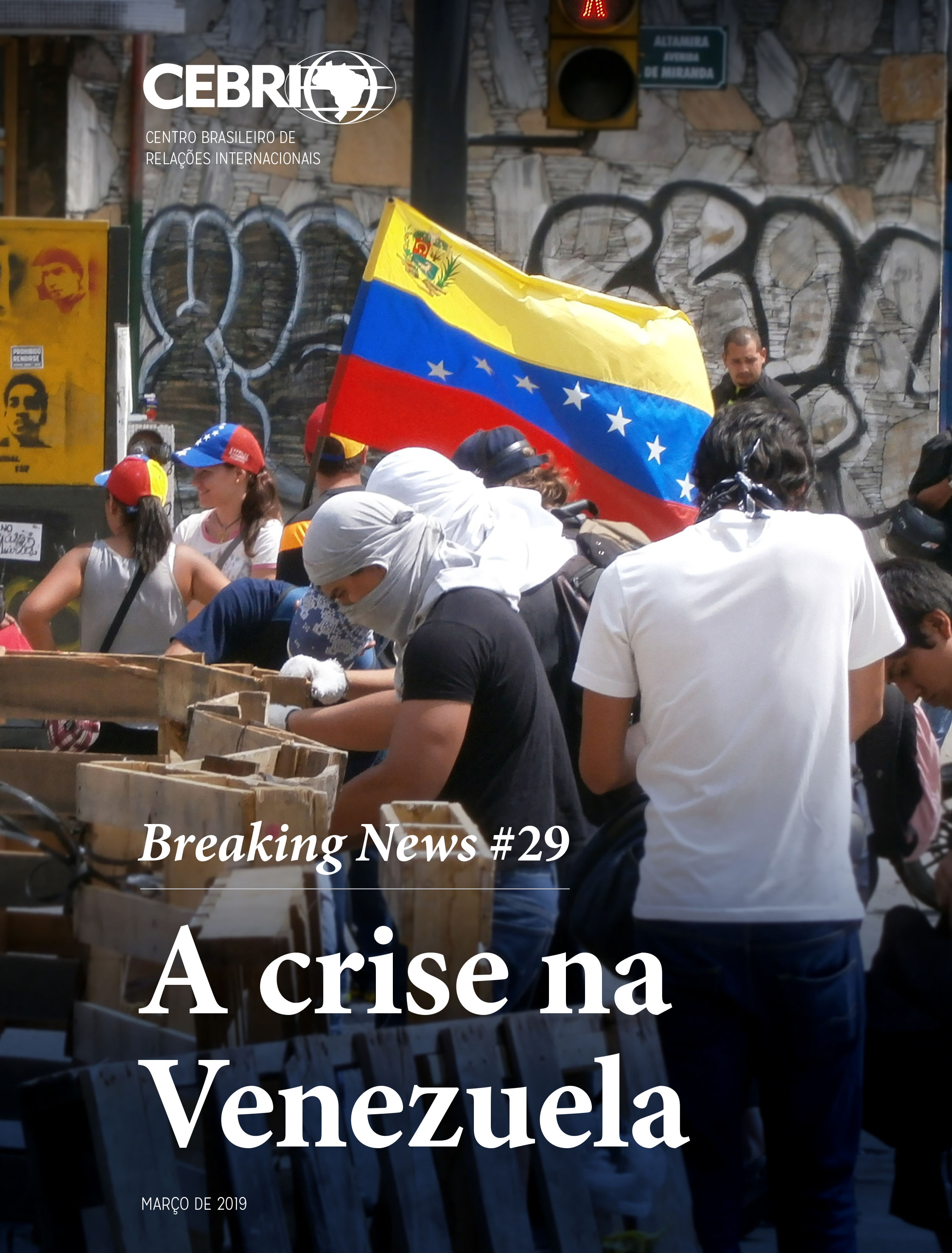

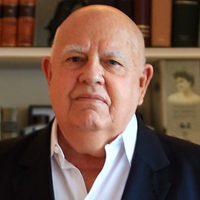

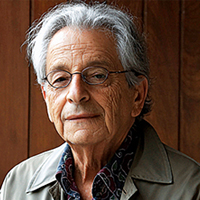
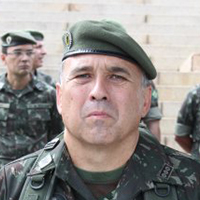

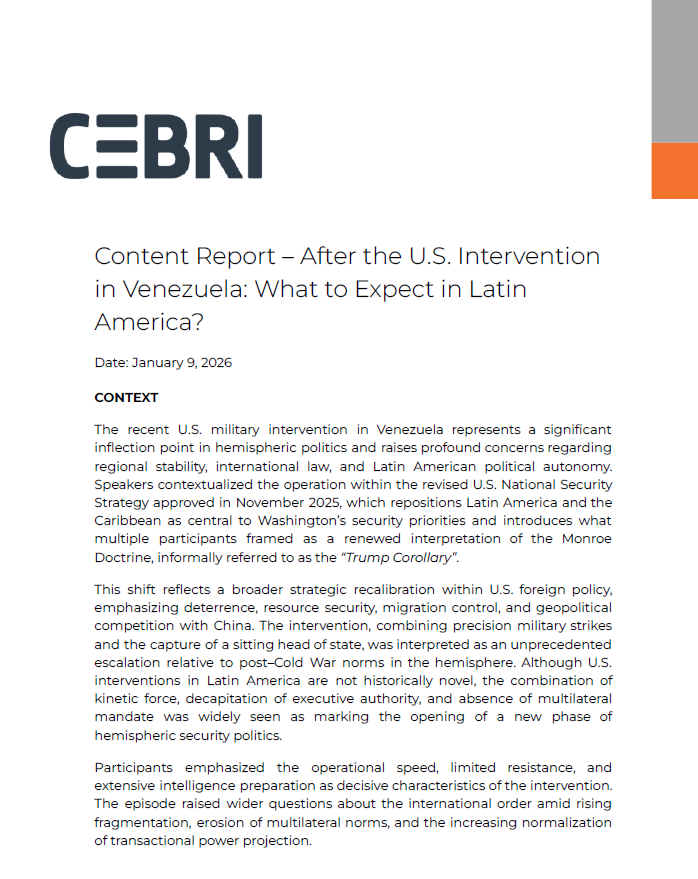
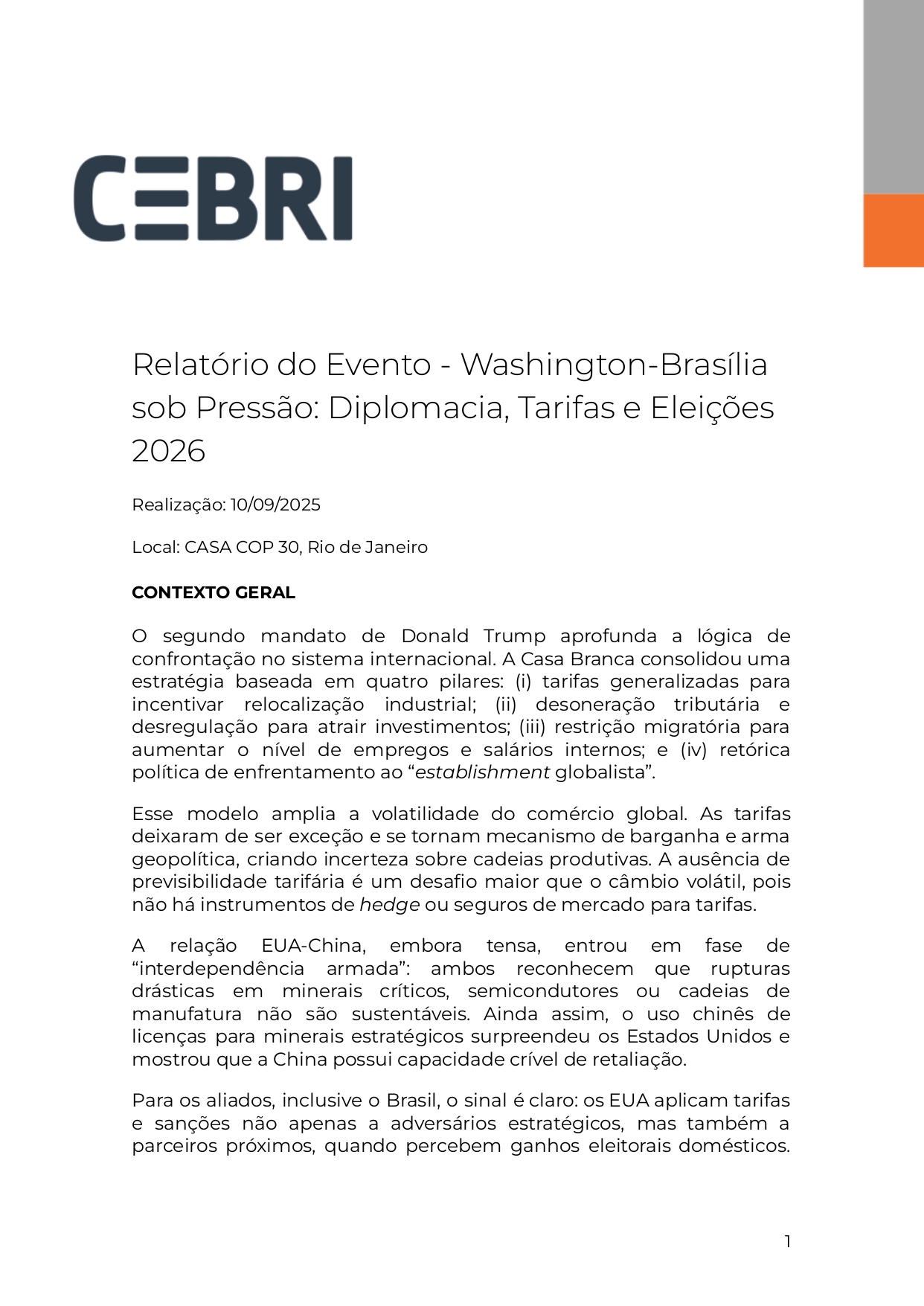
64b94ba404782.png)
